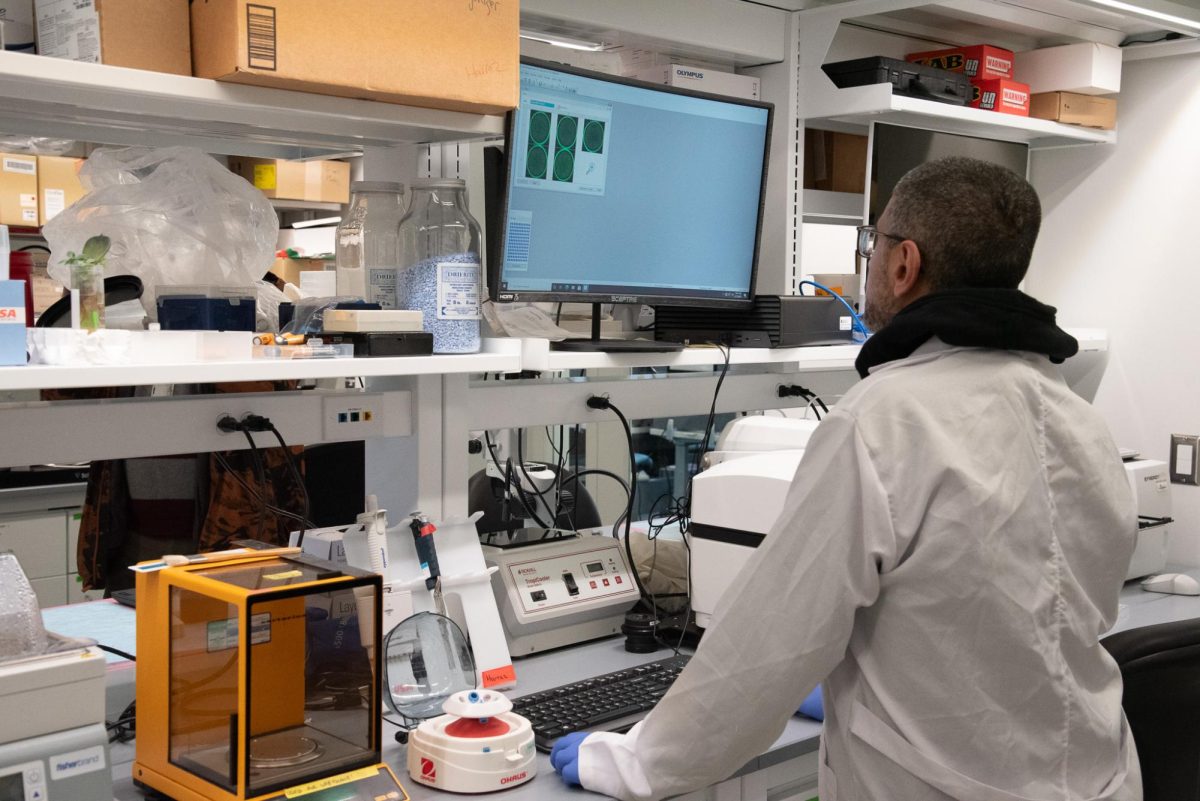Beginning in the fall of 2015, UVM will be introducing a brand new medical science master’s prep program for students wishing to hone their medical science skills.
Formally known as the master of medical science degree, this year-long, on-campus program will consist of a focused set of core courses selected from the biomedical disciplines. The curriculum will include 30 credits in biochemistry, cell biology and physiology, as well as a six-credit human anatomy course, which many similar programs at other universities often lack, according to an April 7 press release.
“This is a competitive, robust biomedical master’s program designed to help students who may not have considered medical school in their undergraduate years and are now refocusing their careers,” said Program Director Chris Berger, associate professor of molecular physiology and biophysics in the College of Medicine.
The program is geared at students who feel their undergraduate performance in the sciences does not match their abilities, the press release stated. Having volunteered as program director, Berger said he believes in providing students with a second chance. “My first doctorate student went to the University of Indiana on a wrestling scholarship,” Berger said. “But even though he ended up under performing there because he ‘majored’ in wrestling, he [ended] up being one of the best graduate students I’ve ever had,” he said.
The program will accept only 15 students each year. All of the accepted students must have received a Bachelors of Arts or Bachelors of Science from an accredited university. As well, they must have at least two semesters each of general biology, organic chemistry and physics, according to the press release. Students on the pre-med “track” at the University believe that this program is an excellent idea.
“I think that’s it a great opportunity for students to become more familiar and prepared for medical school, all while improving their chances of acceptance,” said sophomore Michaela Paul. Paul is currently pursuing a biology degree, and is intending to go to medical school.
Though the program aims to help students gain admittance into medical school, Berger emphasizes the importance of assessing students’ performance once they arrive to gauge the program’s success. “Our goal is to ensure not just that our students get into medical school,” Berger said, “but that they succeed in medical school.”













